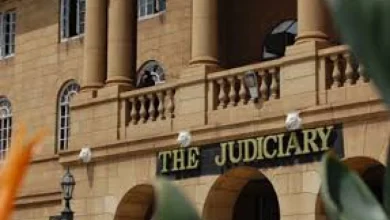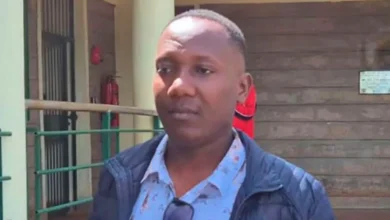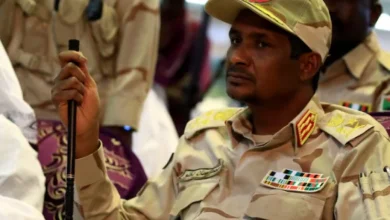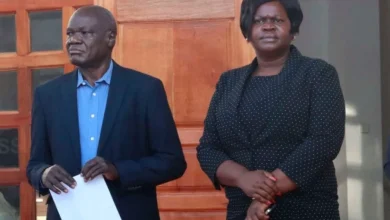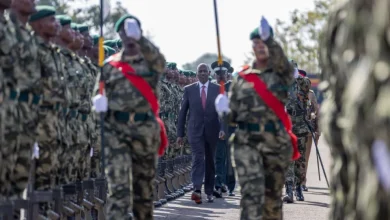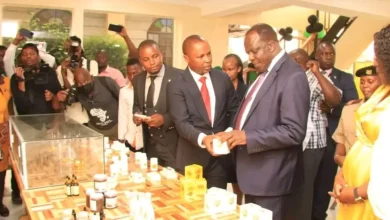Kenyan Police Force to Depart for UN-Backed Haiti Mission on Tuesday
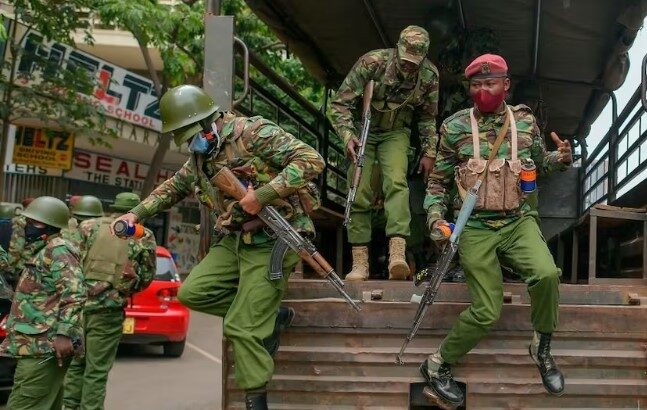
Kenyan Police Force to Depart for UN-Backed Haiti Mission on Tuesday
A Kenyan police force is scheduled to depart for Haiti on June 25 to lead a UN-backed mission aimed at addressing gang violence, despite ongoing legal challenges, according to government and police sources.
Kenya has committed around 1,000 police officers to help stabilize Haiti, in collaboration with personnel from several other countries. However, the deployment has faced legal hurdles in Kenya. President William Ruto has been a strong advocate for the mission, stating earlier this month that the deployment would commence within weeks.
“The departure is this week on Tuesday,” an interior ministry official stated anonymously. “Preparations are set for the team to depart for Haiti on Tuesday. We already have two advance teams that left — one last week and another one yesterday,” a senior police official added.
In October, the UN Security Council approved the mission, but a Kenyan court delayed the deployment in January, ruling that the government lacked the authority to send police officers abroad without prior agreement. The government secured this agreement on March 1, but a small opposition party in Kenya has since filed a new lawsuit to block the deployment.
In addition to Kenya, countries like Benin, the Bahamas, Bangladesh, Barbados, and Chad have also shown willingness to participate in the mission. The United States is providing funding and logistical support but will not be sending troops to Haiti, the poorest country in the Americas.
Human Rights Watch has raised concerns about the mission and its funding, while other rights groups have accused Kenyan police of excessive force and unlawful killings. Recently, a police watchdog announced an investigation into allegations that officers shot a 29-year-old man in Nairobi following youth-led protests against proposed tax hikes.
Haiti has experienced severe gang violence for years, with conditions deteriorating significantly at the end of February when armed groups launched coordinated attacks in the capital, Port-au-Prince, aiming to overthrow then Prime Minister Ariel Henry. Henry announced in early March that he would step down, transferring executive power to a transitional council. On May 29, Garry Conille was named interim prime minister by the council.
The violence in Port-au-Prince has exacerbated food security issues and hindered humanitarian aid access, with much of the city controlled by gangs accused of serious crimes, including murder, rape, looting, and kidnappings.
